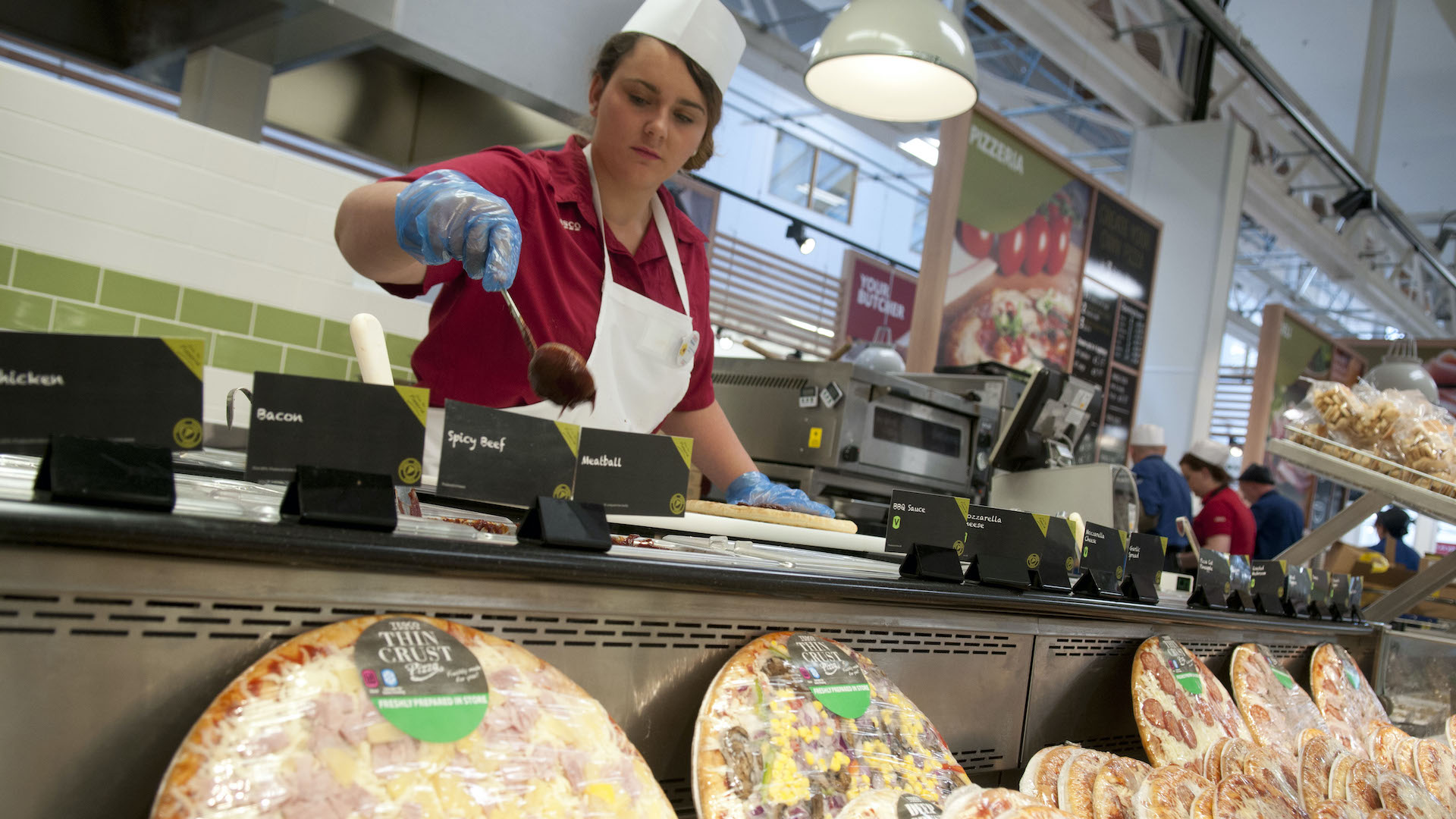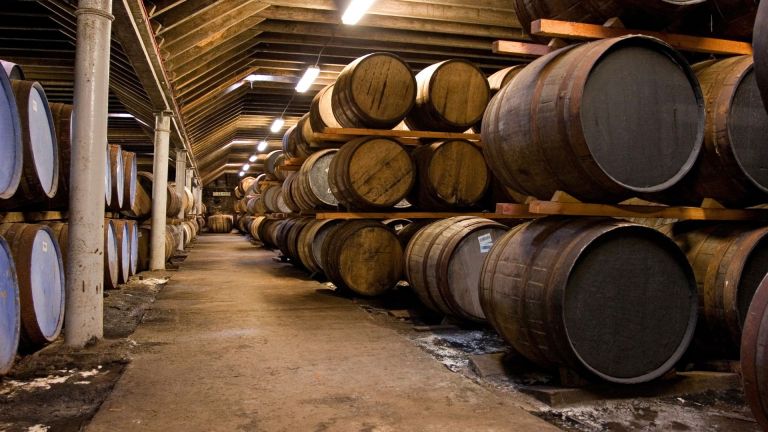Laurie doesn’t blame the hundreds of thousands of workers for leaving and who may likely never return – he says he would have done the same in their position. The recruitment and staffing crisis was something he and many, many other industry leads had foreseen for years.
In 2018, almost 30 per cent of London’s construction workers were EU nationals. Over the course of two years, that number fell by 54 per cent. The exodus of EU workers from the UK could put major building projects such as the high-speed rail project HS2 at risk.
EU workers play a “hugely important” role in the UK’s construction industry, said Suzannah Nichol, chief executive of Build UK said. “There’s a huge amount of pent-up demand for house building and home and garden improvements over the pandemic. We’ve got a booming industry but a massive skill shortage.”
The staffing crisis affecting these industries is not necessarily one of numbers but of skill. “Some of the big infrastructure projects such as HS2 or the Lower Thames Crossing require specialist operators who use very sophisticated and expensive pieces of kit,” Nichol continued.
The shortage of qualified construction workers leads to a ripple effect on all levels, according to Brian Berry, chief executive for the Federation of Master Builders. “If there is a shortage of builders then it’s going to slow down the delivery of all kinds of projects, at a time when the government is committed to building infrastructure projects, schools and hospitals.”
In the food and drink industry, many of the occupations that are seeing severe staff shortages have been traditionally filled by EU migrants because they are unpopular with domestic workers because of low pay, poor working conditions and precarious contracts.
Last week the British Meat Processors Association – which relies heavily on EU workers – said production capacity was down by 10 per cent and warned the sector was “heading towards a brick wall” as a result of labour shortages.
The exodus has also led to a national shortage of truck drivers, putting further strains on supply chains already overstretched, understaffed and cracking under pressure. On Monday, families were warned that the shortage of haulier drivers meant food shortages would worsen with empty supermarket shelves across the country during the school holidays.
Elsewhere in the food supply chain, restaurant owners claim they have been forced to cut services due to a combination of staffing shortages and the reopening of food and drink establishments with the easing of Covid restrictions. Foreign nationals account for 43 per cent of the UK’s hospitality workforce, according to research by Fourth Analytics.
The staffing crisis has led industry heads to call on the government to relax its immigration rules and amend its list of shortage occupations, thereby allowing EU workers to qualify. In an ironic twist of fate, Wetherspoons’s boss and prominent Brexiteer, Tim Martin, has called on the prime minister to introduce a “reasonably liberal immigration system” to allow more migrants from the EU to work in the UK.
When hundreds of thousands of EU citizens could soon risk losing their jobs if they miss the deadline for the EU Settlement Scheme, the government must commit to training a domestic workforce or risk industries spiralling into “total crisis”, Laurie said.
“The government needs to immediately help with funding people to take truck driving licenses or hospitality degrees,” he said. “But they also need to realise that it will take two or three years to actually come to fruition.
“In the meantime, we have an absolutely huge crisis on our hands.”










